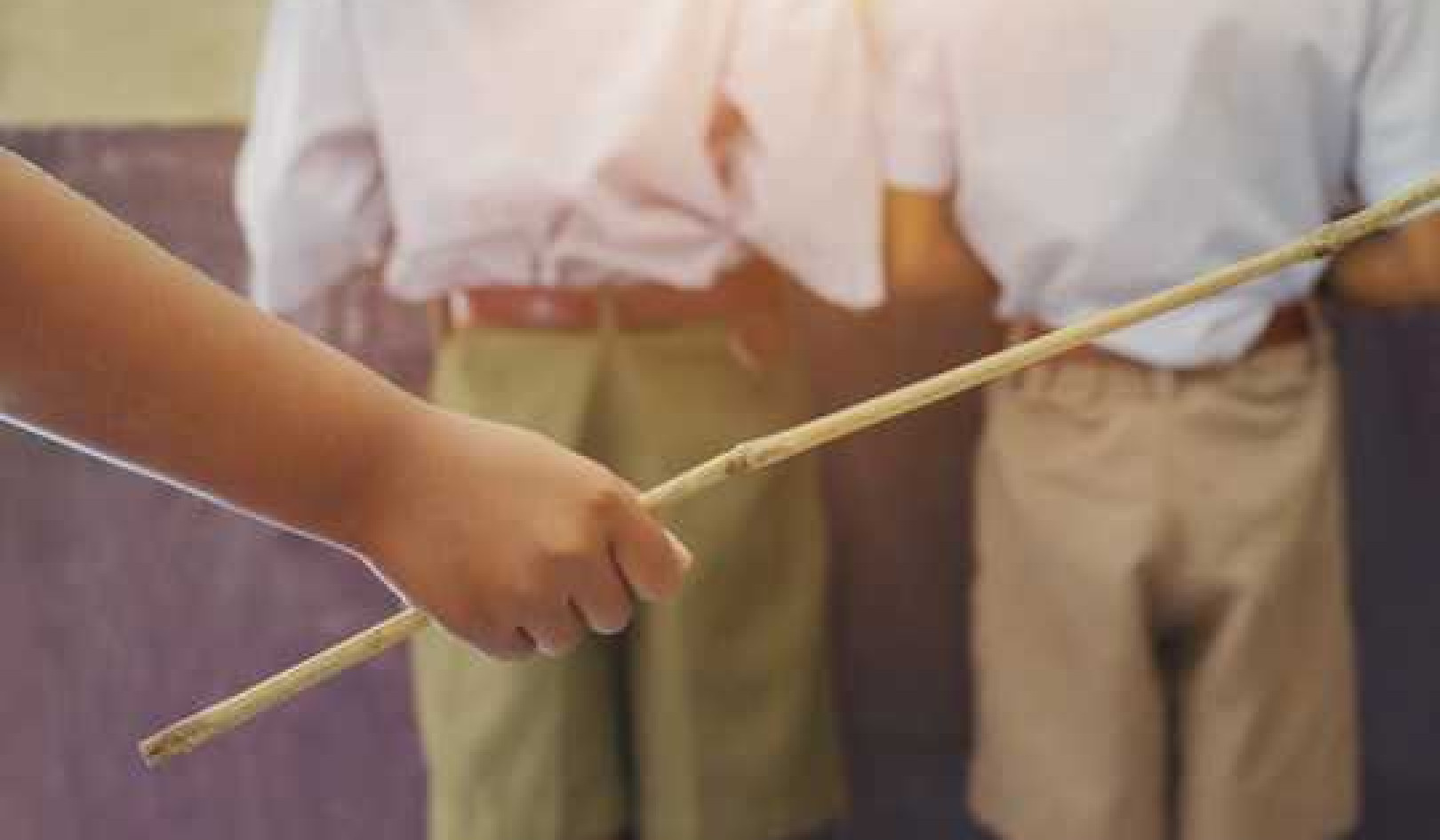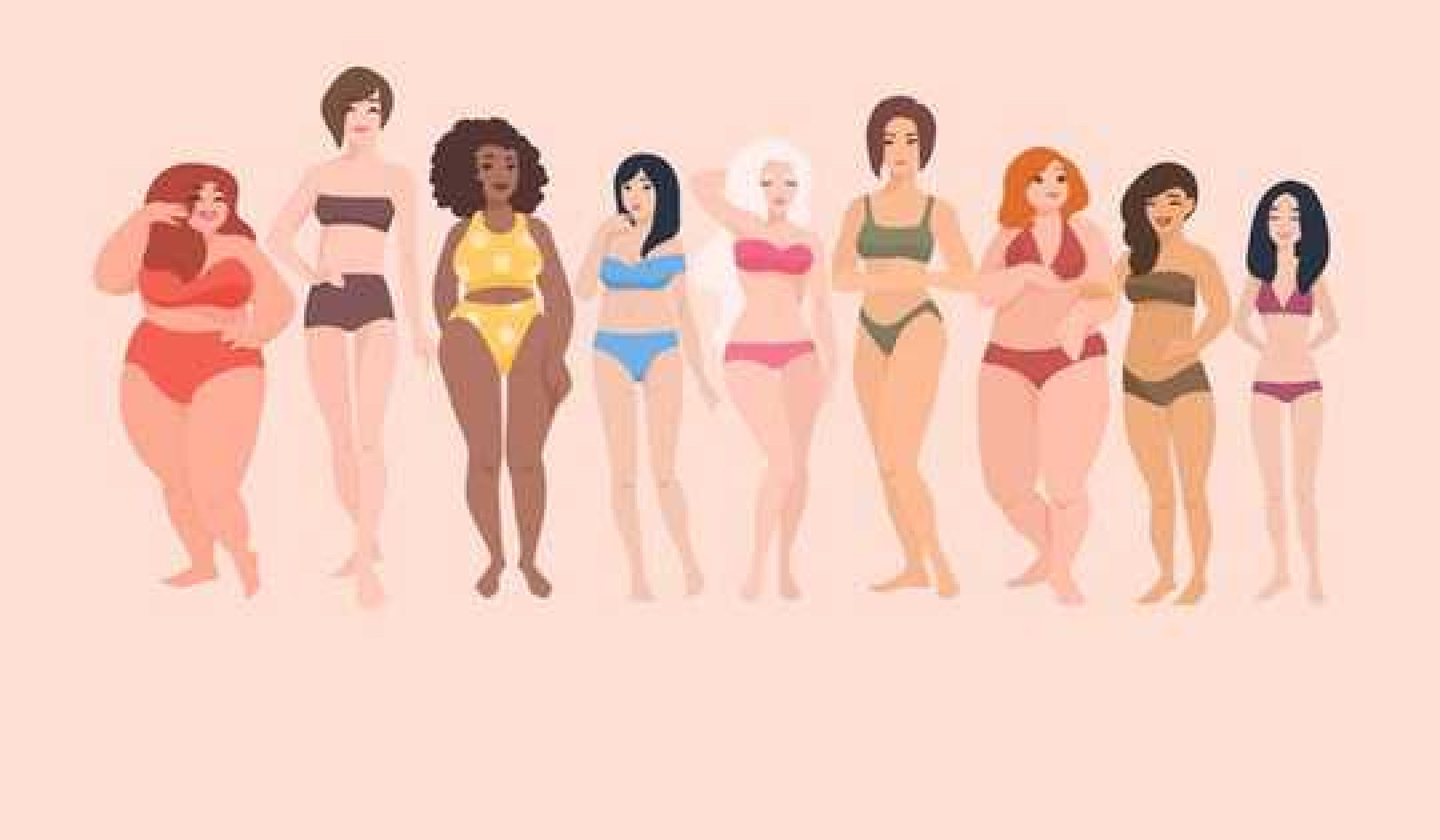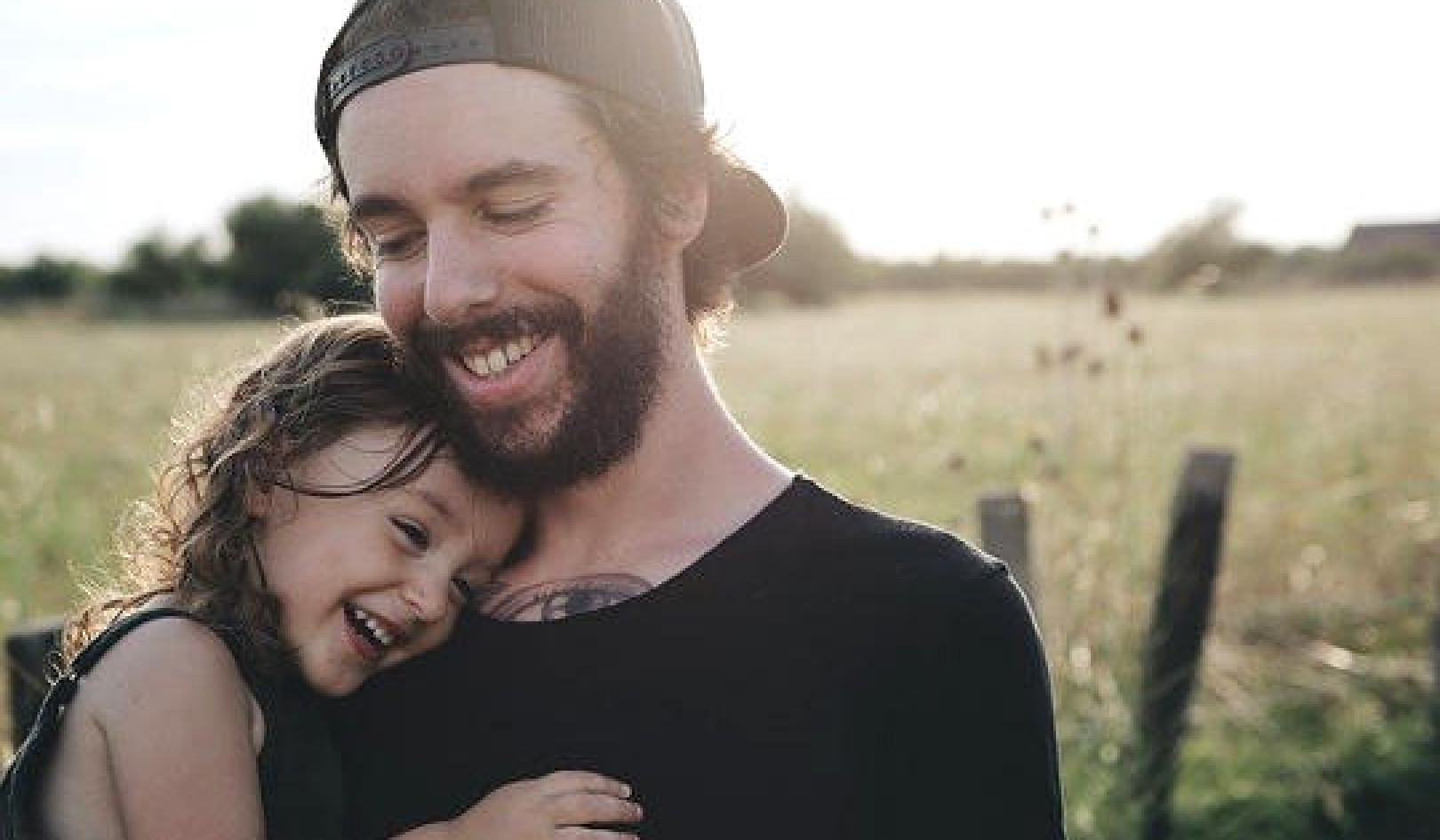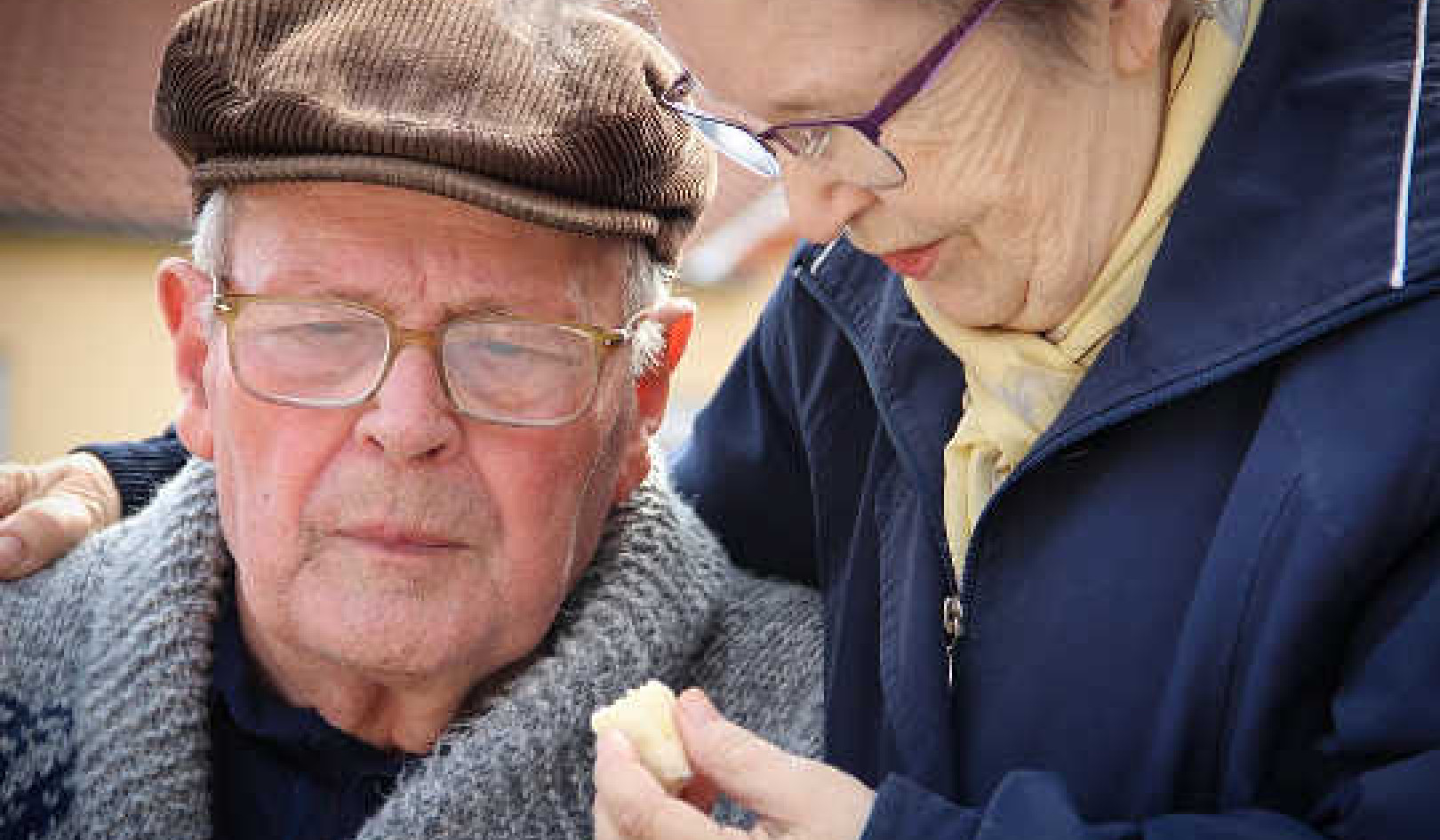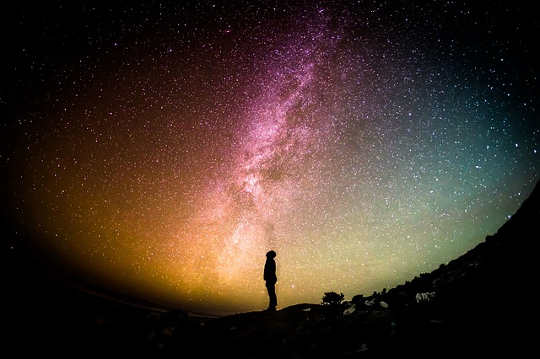
Image by Free-Photos
“I guess darkness serves a purpose:
to show us that there is redemption through chaos.
I believe in that. I think that’s the basis of Greek Mythology.”
-- Apollo
[The following is excerpted from Chapter 14 of "Apollo & Me" by Cate Montana. The title of this excerpt was previously: From The Divinity and Equality of Man and Woman, To Sin and Redemption.]
He came and sat next to me, stretching his long legs across the top of the coffee table, and for a while we sat, companionably silent, watching the crackling flames, sipping our wine.
Finally I could stand it no longer and broke the silence, asking a question that had been burning in my mind. “Tell me more about Polymnia—about you and Polymnia and what you were planning together.”
He gazed at the fire for a long time. Finally he spoke.“To answer that I’ve got to give you some background.”
“Of course you do.” I said indulgently. If nothing else I’d certainly realized that with Apollo answers to my questions were rarely short or direct.
“The coming of the Christos—what you call the Christ—is a huge event on every planet signifying the great shift in consciousness away from the illusion of separation and the worship of false exterior gods to the recognition of Source, or God, within self and all other beings.
“The Christos, also known as the Redeemer, is not a person at all. It is the birthing of a higher level of consciousness within every woman and man that spells the end of pain and suffering caused by ignorance of the divine nature of humanity.
“But here on Earth this awakening was thwarted because the one who came to teach the world of unity and love and God within, Yeshua, the man you call Jesus, was betrayed and killed and his message twisted and coopted.”
“By Jehovah,” I whispered.
He nodded.
And so the plot thickens, I thought.
“You have no idea.” Apollo thought for a moment. “To give you the proper perspective on Yeshua and his mission, we need to go way back to the heyday of the Goddess religions.”
He sipped his wine and laughed. “Source Intelligence is neither male nor female. But the idea of creation being born out of a male god is especially absurd,” he said bluntly. “I cannot fathom how anybody comes to believe such nonsense.”
“It’s jealousy,” I said, smugly. “And male insecurity.”
He snorted. “Indeed! But seriously Ekateríni, the Goddess comes first on every planet that has ever birthed a sentient species, and rightfully so. It is the females who are responsible for carrying life. And not just in the reproductive sense. Women are psychically sensitive and open to receiving information from the spiritual realm of the Ideals. Thus, it is usually women who first receive and birth the art of fire, becoming the tribe’s fire guardians— with a few prompts from me whispering in their dreams, of course,” he added modestly.
“You won’t find this in your anthropology texts, but women are always the first physicians, learning the art of herbs and healing from their wild food gathering. Your modern medicine is based upon hundreds of thousands of years of knowledge women have gleaned and developed.
“Women are always the first farmers, reseeding medicinal plants and seed grains in their regular foraging pathways, refining their knowledge of seed propagation and planting. Of necessity, they are the first pottery makers and weavers, developing everyday household implements and clothing. They also developed the first dyes and inks for decorations by which they honored life’s processes and forces.”
“But what about the early cave paintings of animals and the hunt in places like Lascaux in France?” I said. “I thought painting was man’s secret rite and art.”
“Most of your anthropology texts say that, yes. But Ekateríni, modern life is based upon a writing of history by men as told through the masculine lens. Why do you think it is called his-story?
“And yet the paintings in the caves you mention are usually accompanied by the handprint of the artist stenciled onto the cave wall. Anthropologists are now discovering that the majority of those handprints belonged to women.” He held up his hand. “See my fingers? Men have shorter index fingers than ring fingers whereas women’s index and ring fingers are close to equal in length. That is how they can now tell.”
I studied my hands. He was right!
“Being a writer you will love this. Guess who develops language?”
"Women?” I whispered, eyes wide.
“The men are certainly in on it. But complex language first arises out of the need of Neolithic women to communicate all the information they have gathered about herbs, medicines, food sources and preparation techniques they have developed in cooking and tanning, pot making and the arts.”
He rubbed his chin.
“At a certain point in human development, left-brain function kicks in and that is always signaled by the introduction of the written word, which is the cognitive domain of the masculine. Writing is a left-brain process that triggers even more left-brain development. Then mathematics, which is also a left-brain process, swiftly develops. Once men develop writing and mathematics, they begin to record and then slowly co-opt and expand the information and skills the women have developed.”
“And because they have greater physical strength they get away with it,” I observed sourly.
He laughed outright. “Not always. The Goddess never goes quietly into the night of obscurity the gods desire for Her. There have been fierce women warriors here on Earth, as your legends of the Amazon women attest.” He smiled. “There are whole worlds, Ekateríni, where the Goddess is never unseated and women rule.”
Wow. Who knew? With a start, I realized Apollo was giving me his version of the whole masculine enculturation thing I’d been talking about earlier on the radio.
“As we’ve discussed, the physical world is made up of opposing forces, starting with positive and negative, protons and electrons—a duality that reveals itself at a higher level as masculine and feminine genders. The battle of the sexes, as you call it, is a very real dynamic. And it always shows up in the primitive stages of civilization when humans put down roots, abandoning the nomadic lifestyle.
“Eventually, the coming of the Christos marks the beginning of the end of that kind of conflict as man and woman are gradually anointed into the understanding that there is a higher force of unity underpinning the world.”
“Like quantum physics points out,” I interjected.
“Precisely. Once the essential oneness of all life is grasped, eventually all the wars and conflict, including sexual conflict, cease, because the universal equality of all beings is finally understood and the scales of fear have fallen from everyone’s eyes.”
What a heavenly vision! I thought.
“Indeed, it is," Apollo agreed. “The time when heaven and earth meet is the great turning point.”
“So how did Jehovah manage to screw this evolution up on Earth?” I asked.
Apollo stared into the fire for a moment, then prodded a log a little further into the flames. “There is a lot more to it than what I want to get into tonight. But basically, he stirred up trouble in the Sanhedrin against Yeshua’s teachings. He was the dark angel visiting the priests’ dreams at night, whispering how Yeshua’s teachings about the equality of man and woman were blasphemous.”
“Jesus taught sexual equality?” I asked, shocked.
Apollo nodded. “Although you would never know it today. All his teachings about women being the equal to men were struck from the scriptures. Of course, he also accepted women as disciples, a historical fact even two thousand years of scriptural rewriting hasn’t been able to disguise.”
“Mary Magdalene.”
“And other female disciples who are less well known—Mary Salome, Miriam, Martha, Joanna and Arsinoe, and even his own mother.” He smiled fondly. “Yeshua was a powerful yet gentle teacher much loved and appreciated by women. His message of compassion and love was something they could understand and practice, while for most men it was a teaching of weakness that they despised.
“The priests deliberately stirred up misunderstandings of Yeshua’s claim that the One God—then known as Yahweh—was his father and that he and his father were one.”
He snorted. “Yeshua never claimed to be the only son of God. That was the lie that was perpetrated because nobody understood the concept of oneness he was trying to teach.” Apollo shook his head. “Everybody took his words literally . . . except, of course, the Magdalene.”
He sighed. “Herod and Pilot both tried to get him off the hook. He was no threat to them. But the priests, inspired by Jehovah, had been inciting the people with rumors about the Messiah and the coming of the King of the Jews and the need to throw off the yoke of the Romans for over a hundred years.
“The whole situation was primed. So, when Yeshua came back to Israel from his years of study in India, it was an easy matter for Jehovah to channel the fear, hatred and hope he’d already inspired amongst the Jews onto him and his teachings. He even managed to infiltrate Yeshua’s inner circle of disciples.”
“Judas.” I said, making the obvious leap.
He shook his head. “Peter. His deep hatred of women and the whole lie he spreads about their sinfulness and their corruption of man was an easy sell to men like him and Paul.”
“Let the woman learn in silence and with all subjection,” I said, remembering the Apostle Paul’s words.
“And let us not forget Peter’s protests about the Magdalene’s presence amongst the disciples. ‘Let Mary leave us, for women are not worthy of life’,” Apollo quoted.
“Real power comes when the masculine and feminine join forces. Working together, teaching that redemption is in each and every man and woman, teaching that feminine values of love and compassion should be respected and cultivated alongside masculine values of power and control, that sensitivity and intuition are just as important and useful as intellect, they would have been unstoppable. Which is why Jehovah had to act so quickly once Yeshua came back to start his ministry in Israel.”
He stopped to stare moodily at the floor.
“You still haven’t explained what Polymnia has to do with all this. She . . . I . . . came along, what, about three hundred years before Jesus’ time?”
“A little less,” he said, sighing heavily. “We planned to set the stage for the coming of the Christos—the new archetype.”
I gasped. “The Christos is an archetype?”
“The Christos is the birthing of divine wisdom within man and woman. It is indeed an archetype, but the whole point is that it marks the end of the supremacy of exterior ideals and forces.” He grinned. “And the first Christos that comes is not always a man either.” Before I could digest that startling thought, he continued.
“Polymnia and I planned to help pave the way. You see, the tide was already turning away from the Goddess.
He came back to the sofa and sat down, refilling his glass with the remains of bottle number two. “Last bottle, eh?” He looked over at my glass. “No lagging behind, Ekateríni. It is not polite.”
Not to be outdone I sank the remaining wine in my glass.
“Good girl,” he said, giving me a refill. “Now another.”
“You’re trying to get me drunk!” I accused.
“I’ll drink with you. Come. You will need it for the rest of the story.” He chugged his full glass, urging me with his eyes to do the same.
I am not proud of the fact that at this advanced point in my life I could still rise to a drinking challenge. My darling, sweet-tempered mother had gifted me with the genetics of not one, but two hollow legs. Over the years, I’d taken enormous satisfaction in drinking many a man who thought he could take advantage of me this way under the table. Not to be outdone by a mere god, I looked Apollo in the eye and drank the next full glass down.
The contents hit my empty stomach with a heated whump! Wiping my lips with the back of my hand, I pushed aside my empty glass which Apollo promptly refilled. It was getting late and the little room was warm and cozy—if not a little fuzzy around the edges. I rearranged my position, ignoring the buzz in my brain, burrowing more deeply into the pillows, ready for whatever might come next.
For a long moment Apollo sat silently, staring off into the distance. Then he took a deep breath and slowly turned his gaze upon me. The moment stretched puzzlingly as his eyes searched mine. What was he doing? Assessing my sobriety level and ability to continue?
Smugly, I assured him I was fine. “Please, go on,” I said, with a slightly dizzy wave of my fingers.
I caught a fleeting glimpse of oddly conflicting emotions . . . determination and . . . sorrow? in his eyes. But before I could puzzle the reason for it, abruptly he stood back up, wine sloshing dangerously in his glass.
“The impact of the death of Yeshua cannot be overstated,” he said, pacing the room once more. “The core of what he had come to teach, the glorious divinity and equality of man and woman, was railroaded into a saga of sin and redemption through pain and blood sacrifice.”
He shook his head in disgust. “In the aftermath of the crucifixion, Jehovah played upon the egos and guilt of Yeshua’s remaining disciples, pushing the ridiculous idea upon them in their sleep and every waking hour that Source itself had manifested solely through the body of one man, and that Yeshua was the only son of God.
“????? ???????!” he spat the curse words with a sudden violence as his fingers clamped down on his glass, shattering it, wine spilling over his hand and onto the rug.
I must have been drunk or mesmerized for I didn’t even flinch. Nor did it occur to me to get up and clean the mess of splintered glass and red liquid off the floor. Instead I sat, riveted and slack jawed, watching Apollo’s powerful form in the firelight, listening to his words, imagining the beautiful future for the world Jesus and Mary Magdalene had planned and given their lives to set in motion, the compassionate loving world where every future man, woman and child born across the fullness of time would flourish and flower together, all to the infinite glory of Source itself.
Ohhh! What a dream that was!
As usual, Apollo tracked my thoughts. “After the crucifixion, instead of being elevated into their divinity, man and woman were reduced to cheap stick figures of clay, sinful creatures put on Earth for one purpose only—to worship and adore a power-mad tulpa in the guise of the Christos.” His tone turned the word into its own curse.
“By turning the Redeemer from a shining example of what a human being really is into a suffering sacrificial victim, the Western world was successfully plunged into the Dark Ages. Humanity was now responsible for the death and suffering of God himself in the form of the Son. And guilt ruled the day.”
Apollo sat back down on the sofa next to me, angry, the jagged stem of his wineglass still clutched, unnoticed, in his right hand. When he turned to me his eyes had gone black as night
“The sins of humanity were responsible for the terrible suffering of the Son. And, of course, for over a thousand years, the Chosen Ones of Israel had been taught by Jehovah to believe that the source of all sin and evil is . . .?” He leaned into me, his beautiful face suddenly strangely foreign. I shook my head, my brain befuddled by wine and words and too much information.
“Huh?”
“Surely you can remember that much?” He pressed. “Your brain isn’t that small.” His voice was harsh and seemed to come from far away. He was almost on top of me, one hand still clutching jagged glass, and I gasped, shrinking away from him on the sofa. What the . . . ?
“Answer me, Ekateríni! The source of all sin and evil is . . . ?”
Mind spinning, room whirling, the words refused to come.
“You were taught the answer before you were born! Now tell me!” Voice lashing like a whip, he slammed the base of the glass on the table next to me. “Who is responsible for all sin and evil?”
“Woman,” I whispered.
“Ha!” He laughed an ugly laugh. “Finally, we have arrived at the truth.
“You understand the only thing you’re good for, don’t you?”
And I threw back my head and howled, hating life, hating myself, hating him, filled with the living horror of what it meant to be a woman.
*****
“???????? ???????? . . . shush, shush my darling, my little one, shushhhh. I am here, you are safe. I am here, you are loved. Shhh, you are safe.”
“Go to sleep little one,” he stroked my hair with one hand. “Go to sleep. I am here. You are safe. You are loved. Go to sleep.”
Despite the images of fire and flame beating at the corners of my mind, I obeyed.
Copyright 2019 by Cate Montana.
Article Source
Apollo & Me
by Cate Montana
 Across-time tale of deathless love, magic and sexual healing, Apollo & Me explodes the myths around older women and sex, the relationship between the gods and man, man and woman, and the very nature of the world itself.
Across-time tale of deathless love, magic and sexual healing, Apollo & Me explodes the myths around older women and sex, the relationship between the gods and man, man and woman, and the very nature of the world itself.
Click here for more info and/or to order this paperback book.
About the Author
 Cate Montana has a master’s degree in psychology and has given up writing non-fiction articles and books about consciousness, quantum physics, and evolution. She is now a novelist and story teller, blending head and heart in her first teaching tale, the spiritual romance Apollo & Me, available at Amazon.com! Visit her website at www.catemontana.com
Cate Montana has a master’s degree in psychology and has given up writing non-fiction articles and books about consciousness, quantum physics, and evolution. She is now a novelist and story teller, blending head and heart in her first teaching tale, the spiritual romance Apollo & Me, available at Amazon.com! Visit her website at www.catemontana.com






















